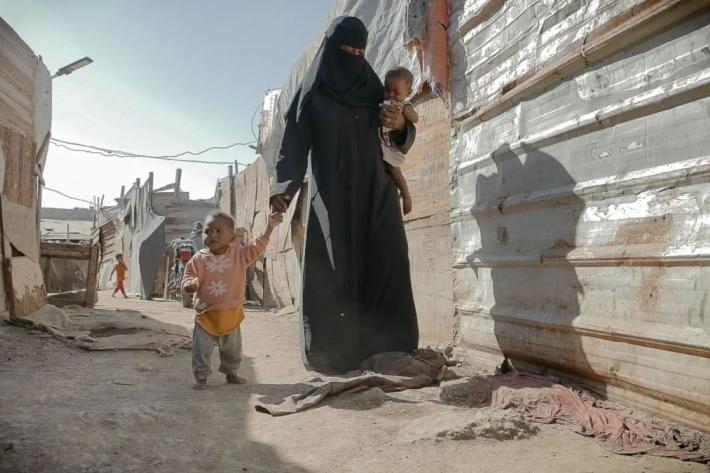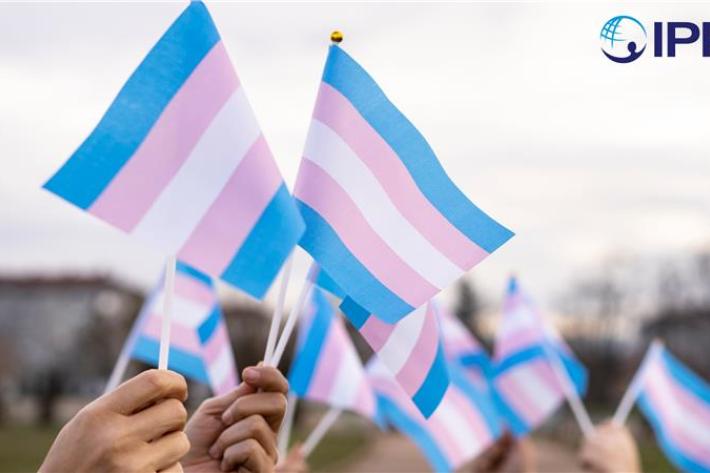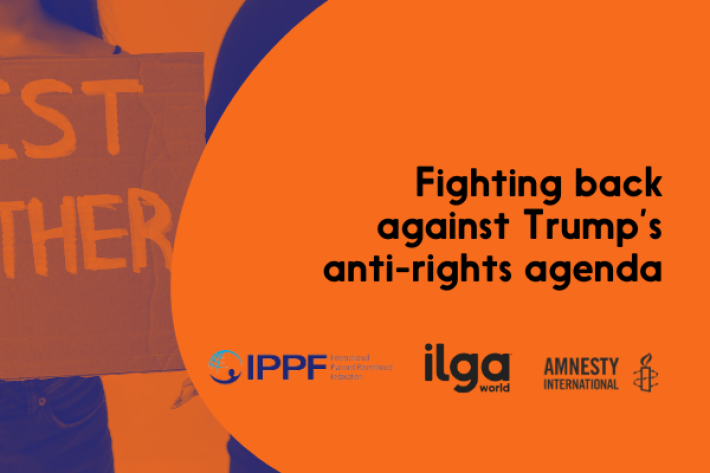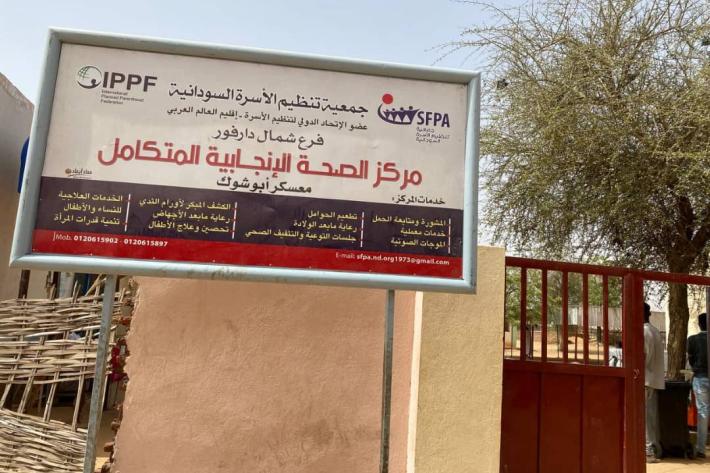
Spotlight
A selection of news from across the Federation

IPPF announces the launch of the call for applications for the post of Director General
The Director-General will play a crucial role in shaping IPPF’s strategic and operational direction, ensuring strong governance, transparency, inclusion, and collaboration.
Filter our news by:

| 29 December 2020
A historic moment: Argentina legalizes abortion
The International Planned Parenthood Federation (IPPF) welcomes the news of a historic decision by the Senate of the Republic of Argentina approving a national law on legal, safe and free abortion. The law will allow all women and adolescents access to abortion care for up to 14 weeks of pregnancy. IPPF celebrates the collective effort of thousands of activists, feminists, and grassroots organizations that continued to fight for access to safe and legal abortion care. With the approval of this law, Argentina will become the fourth country in Latin America to legalize abortion care, joining Cuba, Guyana, and Uruguay. IPPF’s Director General Dr Alvaro Bermejo said: ‘This historic moment cannot be understated; a similar bill was put forth to the Senate in 2018 and was narrowly defeated. But the fire in the hearts and minds of hundreds of thousands of activists from all walks of life, was burning, and they continued to fight. The human right for all women, girls, and gender non-conforming people to have autonomy over their bodies to decide whether to be pregnant or not, is now a reality for millions of Argentinians. "I hope that the Argentinian Green Wave becomes a spark for the rest of Latin America and the Caribbean and inspires countries to change their abortion laws, as millions of women and girls still lack access to safe and legal abortion in the region and are coerced to risk their lives by turning to unsafe abortions.’ The law includes: Abortion care deadlines: Abortion care is available for up to 14 weeks of gestation. Once an abortion care service is requested, it must be performed within 10 days. Comprehensive and free coverage: Abortion care must be included in the Compulsory Medical Program (PMO) to guarantee integral and free coverage in all Argentinian health sub-systems. Informed consent: Consent in writing must be provided by people seeking an abortion. Anyone at the age of consent (16 years old) does not need to be accompanied by an adult. Anyone under the age of 13 years old, will require the assistance of at least one parent or legal representative. ‘Conscientious objection’ and referral to guarantee abortion: Those who deny abortion care based on ‘conscientious objection’ are required to refer the clients to another facility that will provide the service. The law stipulates that "in all cases, abortion care must be guaranteed" and that "the steps and costs associated with the referral and transfer shall be borne by the service that makes the referral". Kate Gilmore, chair of IPPF’s Board said: "Argentinian Green Wave, we thank you. Your persistence, bravery, solidarity, and compassion will continue inspiring us all to realize women’s right to safe and legal abortion care all over the world." Image credit: Gabriela Bacin Gemetro

| 18 November 2020
IPPF honours the Trans Day of Remembrance
On the Transgender Day of Remembrance (20 November 2020), IPPF remembers the transgender people whose lives have been lost globally to transphobic violence, and stands in solidarity in the fight for trans rights. This year the Trans Murder Monitoring (TMM) project added 350 trans and gender-diverse people to the list of people to be remembered worldwide. This project systematically monitors, collects and analyses reports of homicides of trans and gender-diverse people worldwide. The world needs to wake up and understand that transphobia and its violence is a destructive aggression of social prejudice that denies people their human rights. IPPF works to change laws in countries to support gender and sexual diversity. We spotlight the Indonesian Planned Parenthood Association (IPPA/PKBI) who are fighting for to halt the Penal Code revisions that criminalises and stigmatises gender and sexually diverse persons, including trans people. IPPA produced a short film "Emak Menolak", highlighting the challenges of trans people in Indonesia. Check it out below: IPPF will continue to fight and stand in solidarity with the trans community until their rights are realized and respected, because trans rights are human rights. Will you join us?
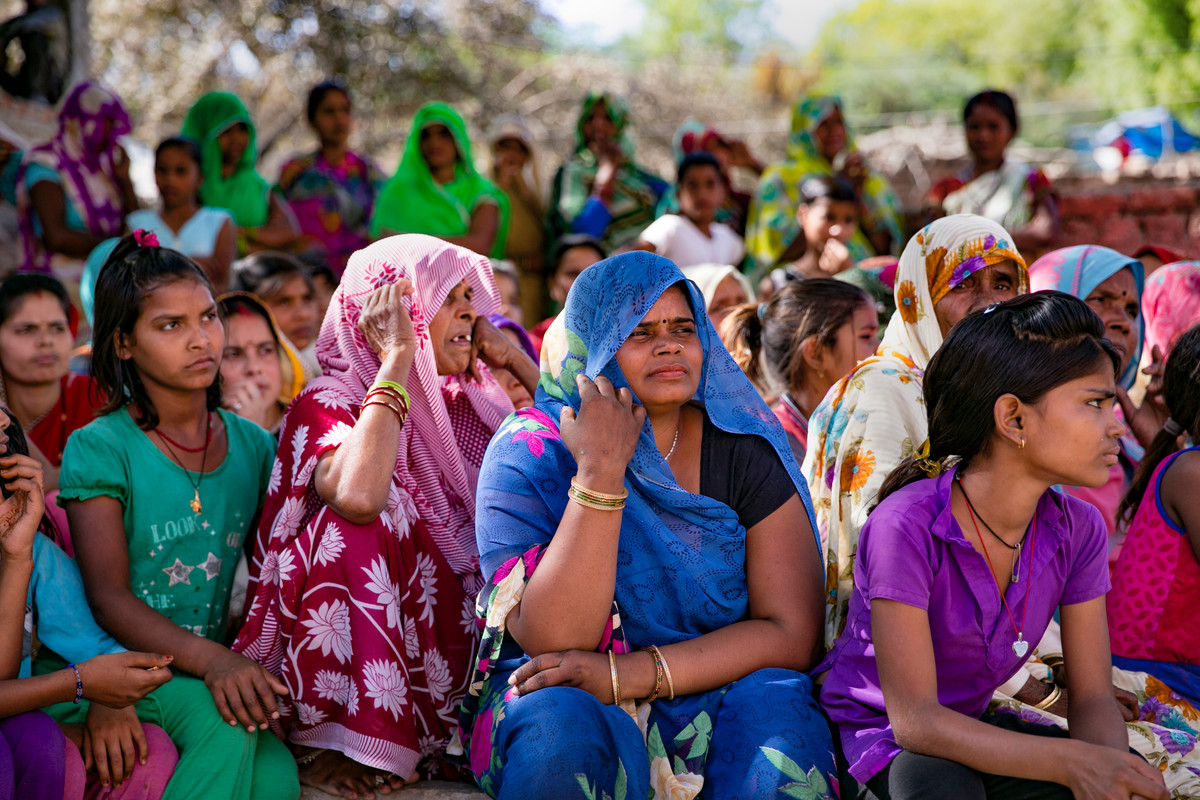
| 18 November 2020
IPPF welcomes the adoption of the UN General Assembly Third Committee resolutions on women and girls’ rights, gender equality and SRHR
IPPF welcomes the adoption of the UN General Assembly Third Committee resolutions on women and girls’ rights, gender equality and sexual and reproductive health and rights. The Third Committee is a critical intergovernmental space with the full membership of the United Nations (UN), which agrees on normative standards and frameworks on human rights, gender and sexual and reproductive health and rights. IPPF closely followed the negotiations on intensification of efforts to prevent and eliminate violence against women and girls, child early and forced marriage (CEFM), women and girls and COVID-19, intensification of efforts to prevent and eliminate Female Genital Mutilation (FGM), efforts to end obstetric fistula and trafficking of women and girls. IPPF applauds the resounding commitment of Member States to uphold the principles of gender equality, preventing and combating Sexual and Gender-Based Violence (SGBV), fulfilling women and girls’ rights, including SRHR, as demonstrated in the adoption of all gender-related resolutions and in the six separate cross-regional statements delivered on behalf of about 70 countries at the adoption sessions of the Committee. Despite attempts to weaken and/or risk the longstanding agreements made in Cairo, Beijing and in the Agenda 2030, the vast majority of the UN membership supported the adoption of the texts as negotiated. We deeply regret the call for a vote by the Russia Federation on the resolution addressing prevention and elimination of violence against women and girls that should enjoy political consensus given the global backdrop where levels of violence perpetrated against women and girls during the COVID-19 pandemic, specifically intimate partner violence are rising – also known as the ‘hidden pandemic’. Member States resoundingly adopted strong texts that acknowledged the impact of COVID-19 on increased levels of violence, CEFM and ensured coordinated and strong responses in responding to the sexual and reproductive health needs and rights of women and girls specifically during the pandemic. The resolution addressing the prevention and elimination of violence against women and girls makes fundamental calls for Governments to ensure women and girls’ access to justice, SRHR and comprehensive sexuality education, while recognizing Intimate Partner Violence (IPV) as the most prevalent and least visible form of violence against women across all social strata across the world.

| 07 November 2020
US Election 2020: The people of the United States have voted for change and progress
The International Planned Parenthood Federation (IPPF) congratulates US President-elect Joe Biden on his victory. It is hard to overstate the global damage to sexual and reproductive health and rights by the Trump administration, and the global effort and collaboration which will be required under President-elect Biden to undo the harm. The US Global Gag Rule remains the greatest of threats to sexual and reproductive healthcare. IPPF calls on President-elect Biden to keep to his word of signing an executive order on his first day in office to repeal the harmful Global Gag Rule aka the Mexico City Policy. Further to this, we are counting on the Biden administration to push for a permanent repeal to this policy so that the shadow of it no longer hangs over communities around the world. IPPF refused to sign the Global Gag Rule because it would not be coerced or threatened into abandoning its support for access to vital safe and legal abortion care for women around the world. The consequent loss of US funding for sexual and reproductive healthcare affected 53 projects in 32 countries, severely impacted proven programs that provided comprehensive sexual and reproductive health services for millions of people, especially women and girls, and marginalized communities. IPPF Director-General Dr Alvaro Bermejo said: “Today, the people of the United States have voted for change and progress. For the past four years, the United States has been governed by macho-politics, undermining the international standing of the US and its reputation as a global leader and champion of human rights. We very much look forward to working with the Biden administration and we will be pushing for the permanent repeal of the Global Gag Rule; and with that to ensuring that sexual and reproductive healthcare is a reality for everyone, everywhere.” Image source: Photo by Aaron Burden on Unsplash
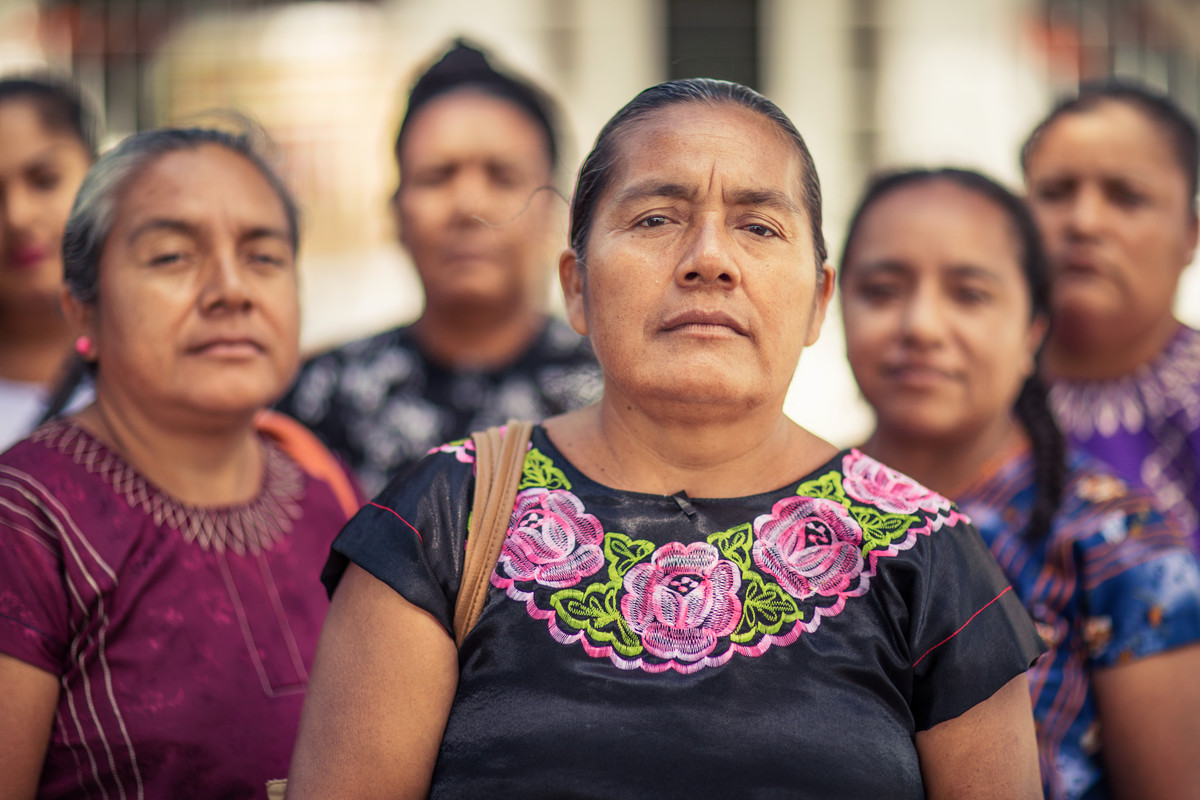
| 05 August 2020
IPPF statement on Western Hemisphere Region
IPPF regrets the decision of the Western Hemisphere Region, taken by its Board, to withdraw from the Federation, and is deeply sorry to see a number of Member Associations from the region resign from IPPF. As the largest global Federation working on sexual and reproductive health and rights, in more than 160 countries, IPPF is committed to continuing to work in all parts of the Americas to provide healthcare and fight for sexual and reproductive freedom for women, girls, men, boys and all people of all gender identities. This is more urgent than ever during a health pandemic and with continued opposition to sexual care and rights from repressive conservative forces in the Americas and around the world. IPPF is completely open to all our current Western Hemisphere Region members remaining part of the global Federation while they also form a new regional relationship and pledges its continuous support to those in the region that have committed to remaining part of the Federation. Membership is voluntary and it is entirely up to individual members to decide on their own course. As a locally owned, globally connected movement however, IPPF has always believed that we are stronger together. Over the last fifteen months, IPPF has been on a journey of reform. It has changed by choice, for choice. It has worked in partnership with members, donors and its regulator to develop best practice safeguarding policies and processes. It has dealt with and continues to deal with any cases of unacceptable behaviour. A safeguarding system is in place across the entire Federation to allow clients, staff, volunteers and any individual to report concerns confidentially. In November last year reforms to IPPF’s governance and funding model were agreed unanimously at a General Assembly of member delegates drawn from every region, including Western Hemisphere. Unfortunately, the Board of Western Hemisphere Region felt it could no longer support this new model. Discussions between the region’s Board and IPPF’s Board on a way forward had been ongoing. We are sorry these will not now continue. IPPF has been a locally owned, globally connected Federation for 68 years, supporting all its members and the millions of women, girls and vulnerable clients they serve. That will not change, and we remain committed to working with members and partners across the globe.
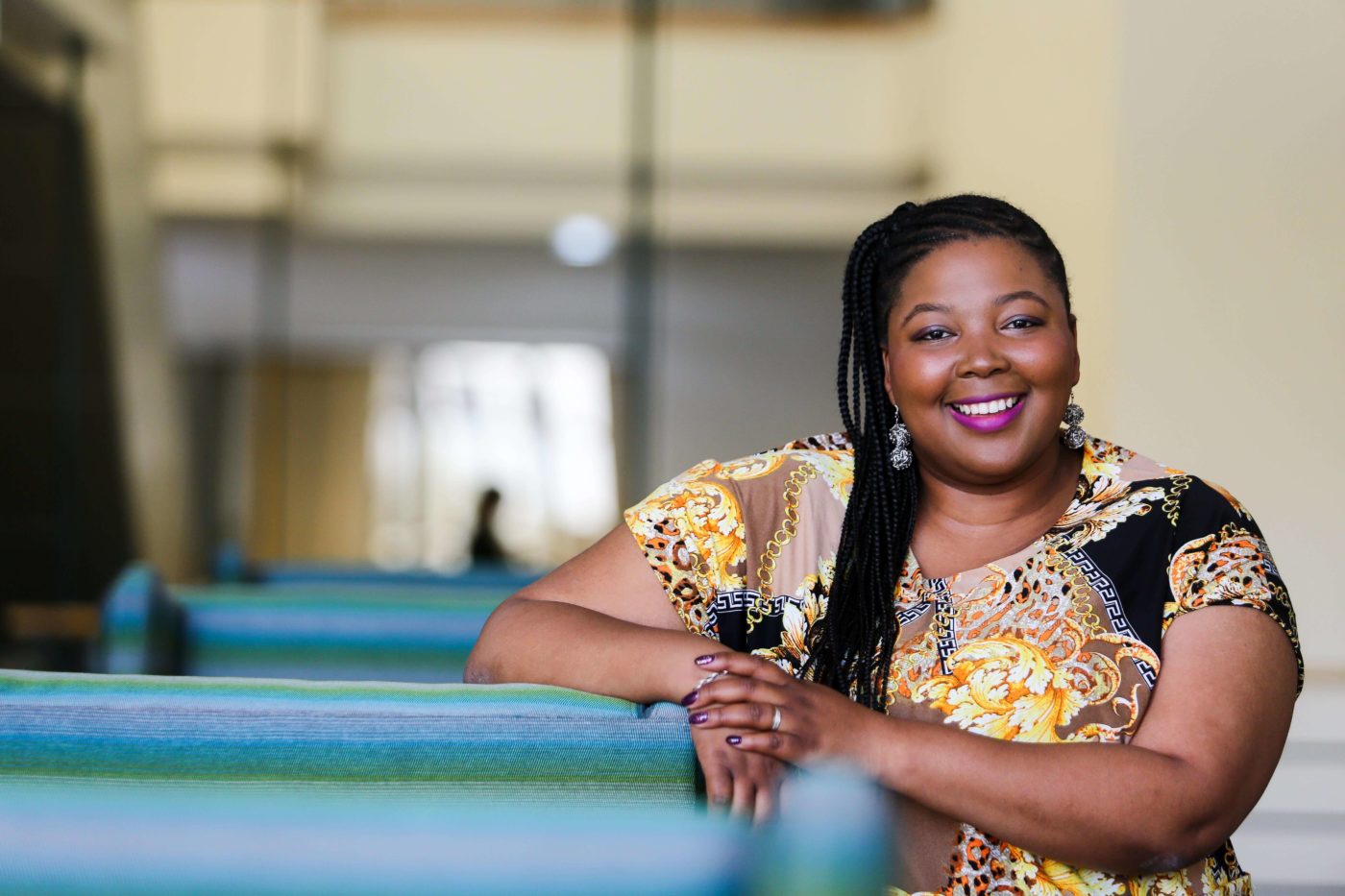
| 23 July 2020
IPPF congratulates Dr Tlaleng Mofokeng on her appointment as the United Nations Special Rapporteur on the right to health
The International Planned Parenthood Federation (IPPF) warmly welcomes the appointment of Dr Tlaleng Mofokeng as the United Nations Special Rapporteur on the right of everyone to the enjoyment of the highest attainable standard of physical and mental health. Dr T, as she is known, is a South African doctor, women’s rights and sexual and reproductive health activist, and the author of the bestseller ‘Dr T: A Guide to Sexual Health and Pleasure’. She is a long-time and powerful advocate for women’s rights and has repeatedly highlighted the importance of access to safe abortion as part of comprehensive sexual and reproductive healthcare. IPPF Director-General Dr Alvaro Bermejo said: “IPPF is delighted at the news of Dr Mofokeng’s appointment and congratulates her most warmly. There is no one suited better to this position. As a provider of safe abortion care herself, Dr Mofokeng has seen what happens when it is denied to women by those who would coerce them against their will through a full pregnancy. It leads only to their suffering and preventable deaths. We know Dr Mofokeng will bring her extensive expertise in healthcare as well as her knowledge of how health is intrinsically linked to gender, socioeconomic and racial equality to this very important role. We wish her every success and offer IPPF’s unqualified support.” Image from She.Leads.Africa
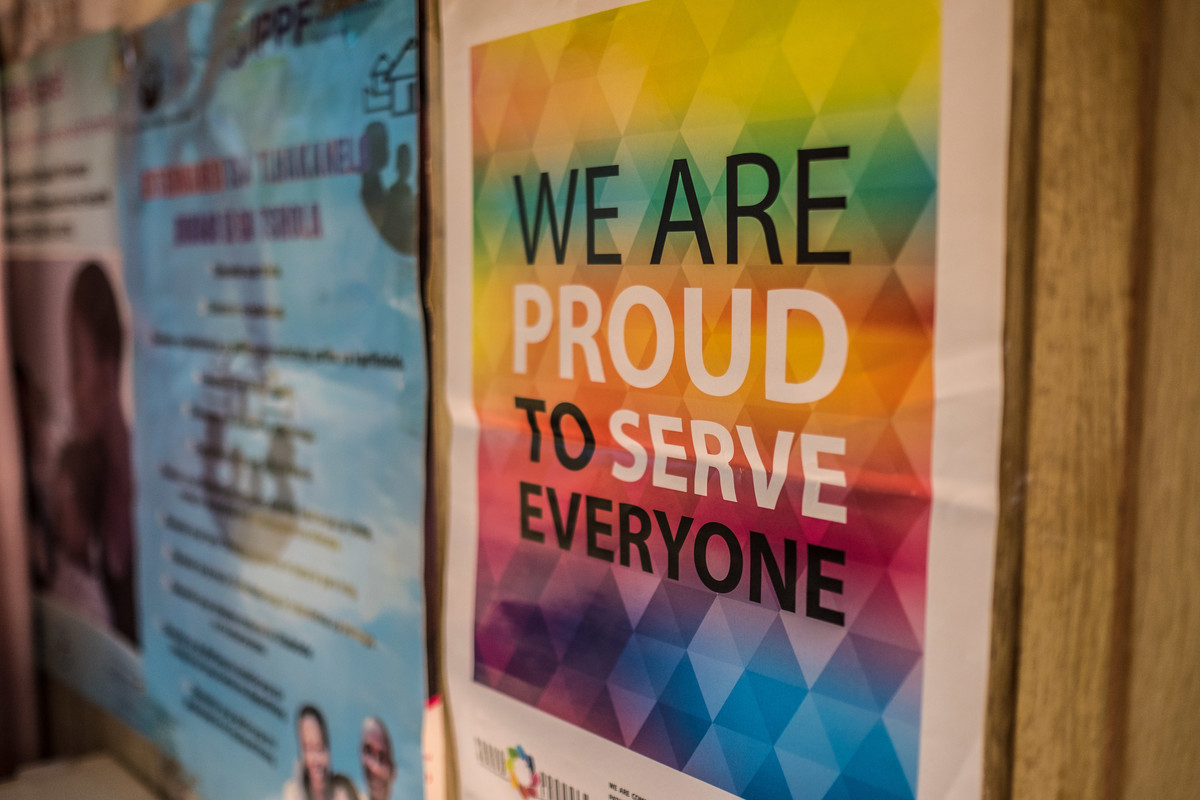
| 08 June 2020
Opponents of sexual and reproductive health and rights step up pressure during COVID-19
New data from the International Planned Parenthood Federation (IPPF) reveals how opponents of sexual and reproductive health and rights (SRHR) around the world are attempting to use the COVID-19 pandemic as cover to try to push back against progressive reforms. The latest IPPF survey of its worldwide membership on COVID-19 reveals that opponents of SRHR are employing a range of tactics to try to undermine sexual and reproductive rights. This includes spreading misinformation (18 members), framing the pandemic as an opportunity to reinforce traditional values (15), increasing discrimination against vulnerable populations (10), pushing for regressive measures against SRHR (eight) and blocking progressive debates on SRHR laws and policies (seven). One member reported social media platforms being used to spread a message that “COVID-19 is the answer from God on abortion.” Another reported opposition attempting to prevent the passage of a bill covering violence against women through parliament, claiming the pandemic was a “Dictate from the West” and passage of the bill contrary to Sharia Law. The spreading of false information includes: The distribution of fake leaflets with health ministry logos among vulnerable groups, stating they are not at risk from COVID-19. The use of social media messages to claim safe abortion services will infect women with COVID-19. The spread of anti-contraception messages mixed in with disinformation about COVID-19 Attempts to block or slow legislature and policies include limiting progress in the passage of a bill to abolish anti-abortion laws and attempts to exclude abortion from national guidelines on sexual and reproductive care during the pandemic. One member reported that political opponents of sexual and reproductive rights were using “all communication and legislative spaces to validate discourses that position women in domestic tasks” by claiming: “the pandemic has allowed us to reassess the important role that women play in their homes for families.” IPPF members are resisting this opposition and defending laws and policies that support SRHR. 61 members report working with governments to ensure continuation of sexual and reproductive health provision service provision and 31 say they have contributed to policies or changes in legislation in support or defence of SRHR and gender equality since January 2020. 59 members reported advocating to ensure the continuation of access to sexual and reproductive healthcare for under-served and vulnerable groups during the pandemic and 54 members said they were advocating for ways to combat sexual and gender-based violence, which threatens more women and girls in lockdown. The pandemic continues to have a huge impact on the delivery of sexual and reproductive healthcare around the world. 52 members rated the reduction of their capacity to deliver services as “critical or severe” – meaning at least 50 percent of their operations had been reduced or impacted. Only two members, less than one per cent, in countries with small numbers of COVID-19 infections, reported no impact on them. Other headlines include: 19 members report having to dismiss or suspend staff. 32 members say they are facing stockouts of short-acting contraceptives such as the oral contraceptives, emergency contraception and condoms. 26 members report stockouts of long-acting contraception such as intrauterine devices and implants. 5,440 service delivery points across all IPPF members are closed, 11 per cent of the total number of all IPPF service delivery points. 238 static clinics, which provide a wide range of services, remain closed. 546 were reported closed in IPPF’s March survey of members. Only eight members are still able to delivery comprehensive sexuality education in schools, even with social distancing. 67 members are now delivering comprehensive sexuality education through digital and social platforms. IPPF’s Director General Dr Alvaro Bermejo said: “This data shows how hard IPPF members are working to find ways to overcome the impact of COVID-19, but also how severe the impact remains. Reopening hundreds of static clinics is a huge achievement, as is the change by members to deliver vitally needs comprehensive sexuality education through digital and social channels when many schools remain closed. However innovative IPPF members are, they cannot hope to offset the effect of this pandemic without additional support. This can only be addressed with the effective supply of commodities, to ensure stockouts are avoided and access to services for all IPPF clients is continued. Support from governments is also critical, in particular in responding to the opposition who are trying to use the cover of COVID-19 to chip away at sexual and reproductive rights. Extremist views which seek to rob women and girls of their human rights and undermine their ability to access vital sexual and reproductive healthcare must be resisted. Many governments do already take a positive stand in defence of women and girls and have gone further during this pandemic to support access to sexual and reproductive healthcare, such as access to telemedicine. IPPF calls on all governments to adopt such sensible and practical measures to make it easier for women and girls to get the care they need so badly in these difficult times, and to ignore the voices of coercive opponents who seek to impose their radical views on others.”

| 03 June 2020
IPPF Statement on racial injustice
The International Planned Parenthood Federation believes that there is no reproductive justice without racial justice. IPPF stands with Black, Indigenous and People of Colour everywhere in demanding an end to racialized systems of oppression, and an end to the killing. IPPF demands that perpetrators be held responsible for their actions. Injustice and inequity define the lives of those governed by racist institutions continuing to uphold white supremacy. It leaves people poor, marginalised, disenfranchised and defenceless against authorities unable and unwilling to change. Power systems like this made it possible for George Floyd to be murdered. They make it possible for women and girls to be robbed of their human rights by coercive forces determined to control them. Racism is an issue that demands deep interrogation and introspection especially for those born with racial privilege. IPPF is with all those demanding change. IPPF is with all those demanding to be treated with dignity and with humanity. And IPPF is with all those who want to live in peace, free from fear, violence and coercion.

| 30 May 2020
IPPF Statement on US withdrawal from WHO
The health of people around the world is threatened by the US decision to end its relationship with the World Health Organization (WHO). WHO is responding to the current COVID-19 pandemic by supporting country and global efforts on testing, vaccination research and treatment, as well as delivering vital supplies in low-resource and humanitarian settings. It is the only organization with a global mandate to play a critical coordination, technical and advisory role in all global health-related matters. In the midst of a threat to the health, lives and livelihoods of billions of people around the world, especially women and girls and the most left behind, we call on Member States, civil society and the private sector to support WHO more than ever, constructively contributing to its continuous improvement to achieve health for all. IPPF’s Director-General Dr Alvaro Bermejo said: “The only way to end a worldwide risk to health is with a worldwide response and worldwide solidarity. The COVID-19 pandemic, malaria, HIV and other sexually-transmitted infections can only be defeated through increased global collaboration. This is a grave mistake which threatens millions of lives. IPPF urges the US to reconsider this decision, for the health of its own citizens and those around the world.”
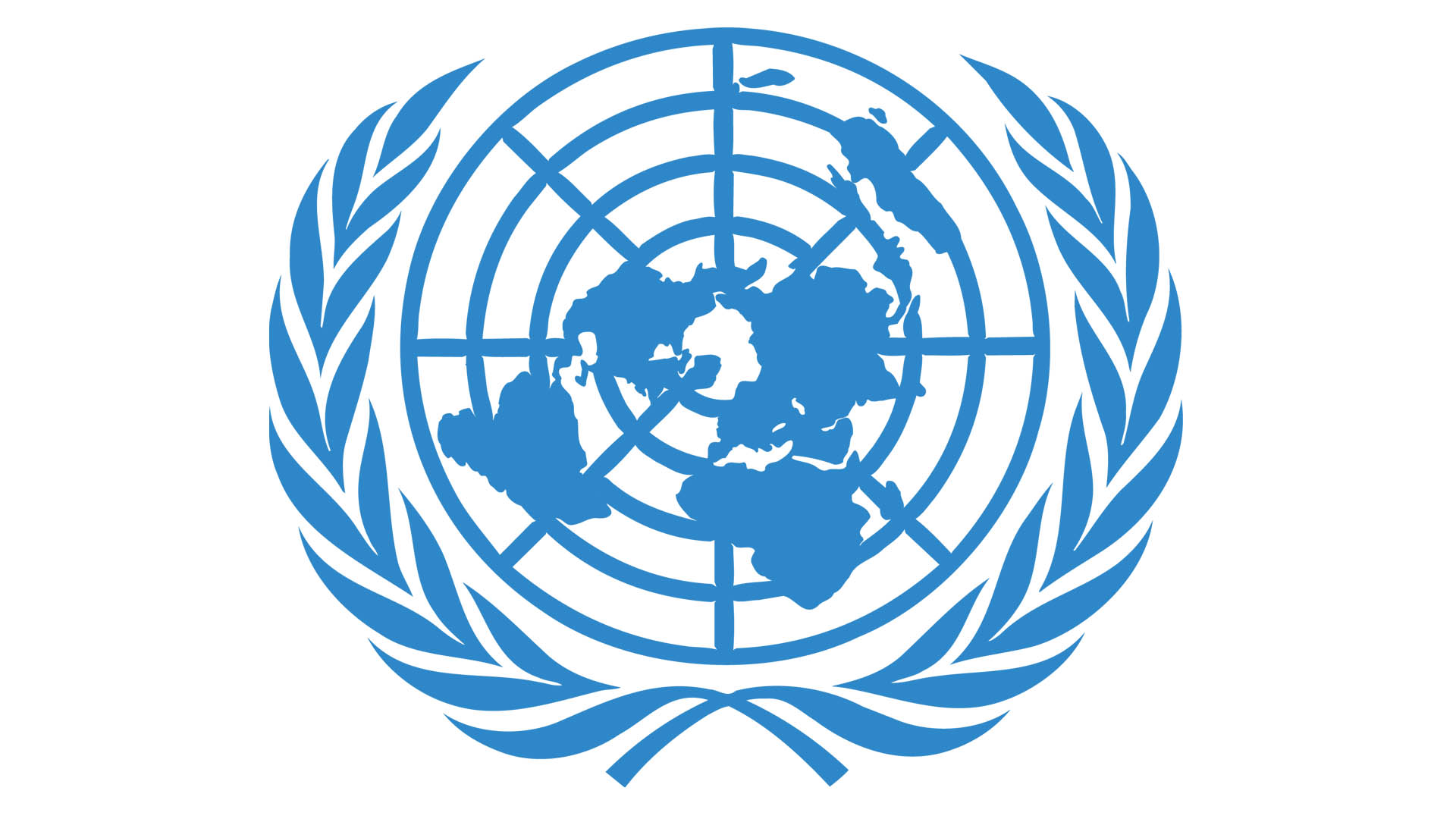
| 19 May 2020
IPPF condemns the US administration attempts to deny essential sexual and reproductive health to women and girls in humanitarian settings
IPPF highly condemns the letter sent by the US Acting Administrator to the UN Secretary-General asking to ‘remove references to "sexual and reproductive health" and its derivatives from the UN’s Global Humanitarian Response Plan, (Global HRP) and drop the provision of abortion as an essential component of the UN’s priorities to respond to the COVID-19 pandemic.' Deciding whether and when to have children – and having the options and means to act on that decision – is a fundamental human right for all people. Indeed, the ability of a woman or girl to safely decide not to continue through a full pregnancy can save their lives and may be the key that unlocks pursuing education, employment, financial security and good health. Abortion care is health care, saves lives and is essential to the 25 million women who are forced every year to go through an unsafe abortion. Including sexual and reproductive health and rights as a core part of the response to COVID-19 is fundamental. Women and girls are amongst those being most affected by the pandemic facing restrictions in access to contraceptives, an increasing incidence of sexual and gender-based violence in confinement among many other challenges. The COVID-19 pandemic particularly threatens women living in humanitarian and fragile settings who face increased vulnerability to gender-based violence and abuse including rape and are less likely to access contraception resulting in increased risk of unintended pregnancy and unsafe abortion. Denying access to essential life-saving sexual and reproductive health care in humanitarian context including obstetric and newborn care, clinical care for survivors of rape, contraception, safe abortion care and HIV and sexually transmitted infections treatment and prevention, contravenes humanitarian principles and will contribute to increased maternal death and disability. IPPF’s Director-General Dr Alvaro Bermejo said: “By undermining the global efforts to control this pandemic and attempt to block sexual and reproductive health, this US administration undermines the ability of women and children around the world to live through COVID-19”. Fulfilling sexual and reproductive health and rights is essential for women and girls to have autonomy over their own bodies, to achieve gender equality and ultimately the Sustainable Development Goals. Kate Gilmore, new chair of the IPPF’s Board says: “In this moment of global crisis, the 134 Member Associations of the International Planned Parenthood Federation join the progressive and pragmatic voices of the vast majority of countries at the World Health Assembly calling for global solidarity, universal access to health and for prioritising the needs of the people left behind. Attaining the highest possible standard of health keeps being the world’s priority.” COVID-19 is a global challenge that urges an articulated and coordinated global response led by the World Health Organization. IPPF firmly oppose any attempt to undermine this and proudly support the work of the World Health Organization in providing indispensable support to countries to guarantee health and human rights to all around the world. Translation: Spanish IPPF condena enérgicamente la carta enviada por el Administrador interino de los Estados Unidos al Secretario General de la ONU pidiendo ‘eliminar las referencias a la "salud sexual y reproductiva" y sus derivados del Plan Mundial de Respuesta Humanitaria de la ONU, y abandonar la provisión de aborto como un componente esencial de las prioridades de la ONU para responder a la pandemia de COVID-19 «. Decidir si tener descendencia y cuándo, y tener las opciones y los medios para actuar de acuerdo con esa decisión, es un derecho humano fundamental para todas las personas. De hecho, la capacidad de una mujer o niña para decidir, de manera segura, no continuar con un embarazo puede salvar sus vidas y puede ser la llave que desbloquea la búsqueda de educación, empleo, seguridad financiera y buena salud. La atención del aborto es atención médica, salva vidas y es esencial para los 25 millones de mujeres que se ven obligadas cada año a someterse a un aborto inseguro. Incluir la salud y los derechos sexuales y reproductivos como elemento central de la respuesta al COVID-19 es fundamental. Las mujeres y las niñas se encuentran entre las personas más afectadas por la pandemia, y están sufriendo restricciones en el acceso a los anticonceptivos y una creciente incidencia de la violencia sexual y de género en el confinamiento, entre muchos otros desafíos. La pandemia de COVID-19 amenaza particularmente a las mujeres que viven en entornos humanitarios y frágiles, que están en situación de mayor vulnerabilidad frente a la violencia y el abuso de género, incluida la violación, y tienen menos probabilidades de acceder a la anticoncepción, lo que aumenta el riesgo de embarazos no deseados y abortos inseguros. Negar el acceso a la atención esencial de la salud sexual y reproductiva para salvar vidas en el contexto humanitario, incluidas la atención obstétrica y del recién nacido, la atención clínica para las sobrevivientes de violación, la anticoncepción, la atención segura del aborto y el tratamiento y prevención del VIH y las infecciones de transmisión sexual, contraviene los principios humanitarios y contribuirá a un aumento de las muertes maternas y de la discapacidad. El Director General de IPPF, Dr. Alvaro Bermejo, denuncia que: "Al socavar los esfuerzos mundiales para controlar esta pandemia e intentar bloquear la salud sexual y reproductiva, esta administración de EE. UU socava la capacidad de las mujeres y las niñas de todo el mundo para vivir en medio del COVID-19." Cumplir los derechos y la salud sexual y reproductiva es esencial para que las mujeres y las niñas tengan autonomía sobre sus propios cuerpos y para lograr la igualdad de género y, en última instancia, los Objetivos de Desarrollo Sostenible. Kate Gilmore, nueva presidenta de la dirección de IPPF, señala que: “En este momento de crisis global, las 134 asociaciones miembros de la Federación Internacional de Planificación Familiar se unen a las voces progresistas y pragmáticas de la gran mayoría de los países que en la Asamblea Mundial de la Salud exigen solidaridad mundial, acceso universal a la salud y que se otorgue prioridad a las personas que han sido dejadas atrás. Lograr el nivel de salud más alto posible sigue siendo la prioridad mundial." COVID-19 es un desafío global que insta a una respuesta global, articulada y coordinada, liderada por la Organización Mundial de la Salud. IPPF se opone firmemente a cualquier intento de socavar esto y orgullosamente apoya el trabajo de la Organización Mundial de la Salud para proporcionar un apoyo indispensable a los países con el fin de que se garanticen la salud y los derechos humanos en todo el mundo.









